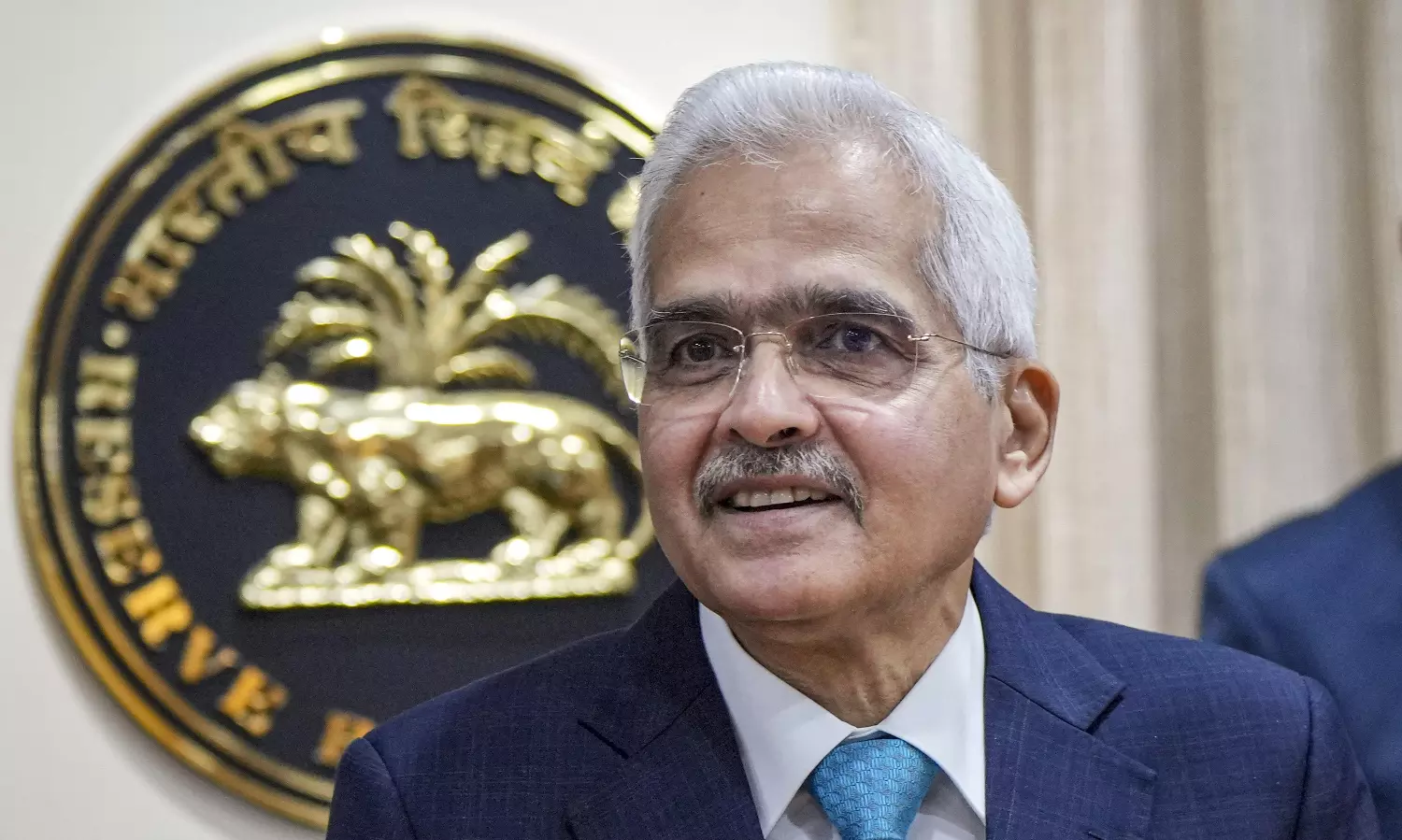RBI to Launch ULI for Frictionless Credit Small, Rural Borrowers

Mumbai: The Reserve Bank of India (RBI) governor Shaktikanta Das on Monday said that the central bank was set to launch its ‘Unified Lending Interface’ (ULI), a technology platform that would enable frictionless credit for small and rural borrowers. The platform is currently in the pilot stage started in August last year.
“Based on our experience from the pilot project, a nation-wide launch of the ULI will be done in due course. Just like UPI transformed the payments ecosystem, we expect that ULI will play a similar role in transforming the lending space in India. The ‘new trinity’ of JAM-UPI-ULI will be a revolutionary step forward in India’s digital infrastructure journey,” said Das while speaking at the RBI@90 Global Conference on Digital Public Infrastructure and Emerging Technologies.
ULI facilitates a seamless and consent-based flow of digital information, including even land records of various states, from multiple data service providers to lenders which helps cut down the time taken for credit appraisal, especially for smaller and rural borrowers.
Das said that the ULI architecture has a common and standardised application programming interface designed for a 'plug and play' approach to ensure digital access to information from diverse sources. This reduces the complexity of multiple technical integrations. It enables borrowers to get the benefit of seamless delivery of credit, and quicker turnaround time without requiring extensive documentation.
“By digitising access to customer’s financial and non-financial data that otherwise resided in disparate silos, ULI is expected to cater to large unmet demand for credit across various sectors, particularly for agricultural and MSME borrowers,” he said.
He said that Unified Payments Interface or UPI, a real-time payment system launched in India in April 2016 by the National Payments Corporation of India (NPCI), has played a significant role in the growth of retail digital payments in India. He said that the UPI system has the potential to evolve into a cheaper and quicker alternative to the available channels of cross-border remittances and "a beginning can be made with small value personal remittances as it can be quickly implemented.
Das said that India has carefully crafted its Digital Public Infrastructure (DPI) strategy by focusing on three critical dimensions – digital identity, bank accounts and processing infrastructure. The trinity of Jan Dhan Accounts, Aadhar and Mobile Phones, popularly known as the JAM trinity, has provided the base DPI infrastructure which is being leveraged for multiple value-added services. Over 67 percent of the beneficiaries under the JAM Trinity initiatives are from rural areas and over 55 percent are women. "This clearly demonstrates the role of DPIs in promoting inclusion."

